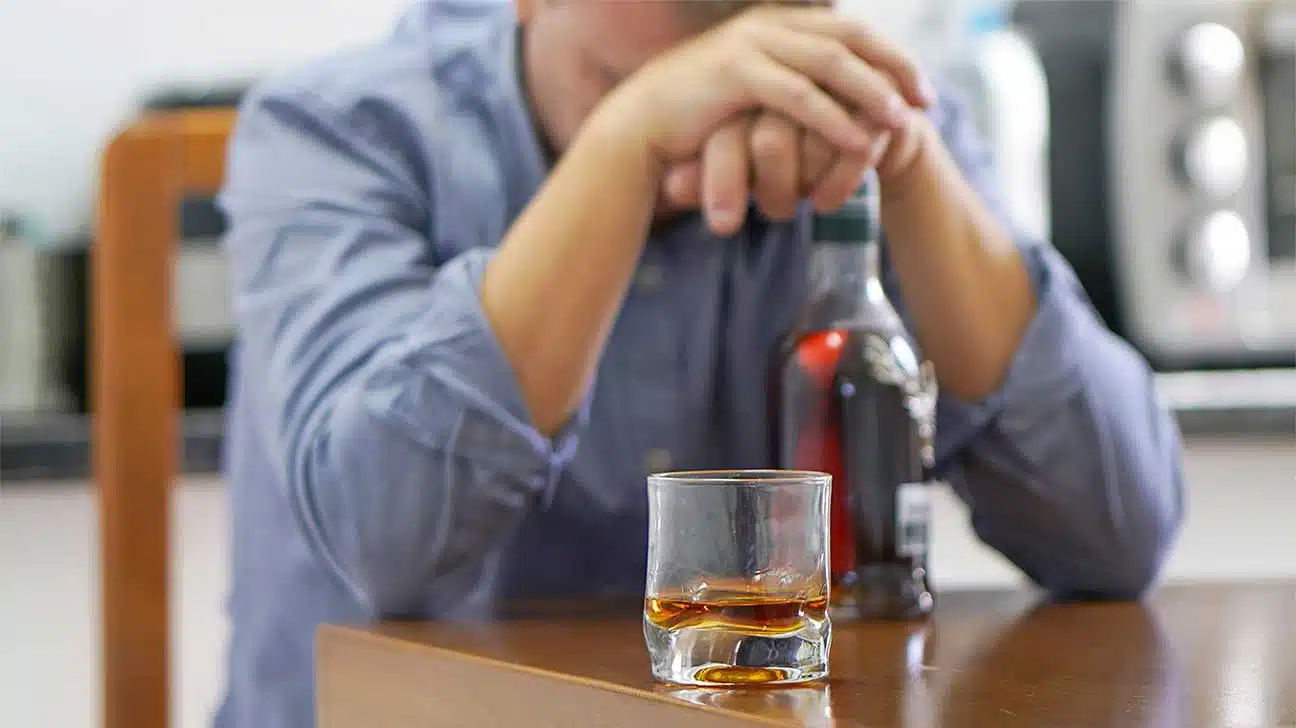
Alcohol use disorder (AUD) is a mental health condition. People with this disorder experience binge drinking and prolonged periods of heavy drinking.
While some people drink alcohol on occasion without developing an addiction, many others do develop alcohol dependence, especially when their reasons for drinking include coping mechanisms.
Here you’ll find four common reasons for developing drinking problems, as well as how to get help for substance abuse.
1. Environmental Factors
One of the most common risk factors for substance use, including alcohol abuse, is a person’s environment.
For example, if a person’s family history or past experiences include a large amount of alcohol consumption, they face a higher likelihood of developing AUD.
2. Social Activity
Some people may develop problem drinking habits as a result of social activity. For instance, peer pressure may cause people to consume alcoholic drinks.
However, even in the absence of peer pressure, social situations may still cause people to feel a “need” for alcoholic beverages.
Young people dealing with social anxiety, for example, might drink alcohol to lower their inhibitions at a party.
The easy accessibility of alcohol at parties also contributes to its widespread use.
3. Self-Medication
Self-medication is one of the most common reasons people develop an alcohol addiction. The short-term effects of alcohol use may provide a temporary distraction from emotional pain.
Unfortunately, the long-term effects of alcohol use, which include physical and mental health problems, can worsen these struggles.
Common reasons why people self-medicate with alcohol include:
- mental health disorders such as bipolar disorder or major depressive disorder
- trauma and related disorders, such as post-traumatic stress disorders (PTSD)
- physical pain
- loneliness
- stress
4. Withdrawal Symptoms
Like many other forms of drug use, prolonged drinking can cause withdrawal symptoms when a person stops consuming the substance.
Withdrawal symptoms include uncomfortable and even dangerous physical and emotional effects.
Many people continue drinking alcohol, even when they would like to stop, to alleviate these symptoms.
How To Find Alcohol Addiction Treatment Options
People experiencing alcohol abuse have several treatment choices, including inpatient programs, outpatient programs, and medical detox.
If you deal with alcohol addiction, you might begin your search for treatment by talking to a healthcare professional.
You might also pursue help from a support group such as Alcoholics Anonymous.
Find Addiction Treatment Today
Alcohol addiction is a complex and difficult disorder that impacts many Americans.
However, treatment options are available to help you overcome substance use and regain a sense of well-being. If you or a loved one needs help, contact Addiction Resource today.
Published on December 6, 2023
Addiction Resource aims to provide only the most current, accurate information in regards to addiction and addiction treatment, which means we only reference the most credible sources available.
These include peer-reviewed journals, government entities and academic institutions, and leaders in addiction healthcare and advocacy. Learn more about how we safeguard our content by viewing our editorial policy.
- American Psychological Association (APA) — Understanding Alcohol Use Disorders And Their Treatment
https://www.apa.org/topics/substance-use-abuse-addiction/alcohol-disorders - National Institute On Alcohol Abuse And Alcoholism (NIAAA) — Alcohol And Young Adults Ages 18 To 25
https://www.niaaa.nih.gov/alcohols-effects-health/alcohol-topics/alcohol-facts-and-statistics/alcohol-and-young-adults-ages-18-25 - National Institute On Alcohol Abuse And Alcoholism (NIAAA) — Risk Factors: Varied Vulnerability To Alcohol-Related Harm
https://www.niaaa.nih.gov/health-professionals-communities/core-resource-on-alcohol/risk-factors-varied-vulnerability-alcohol-related-harm
